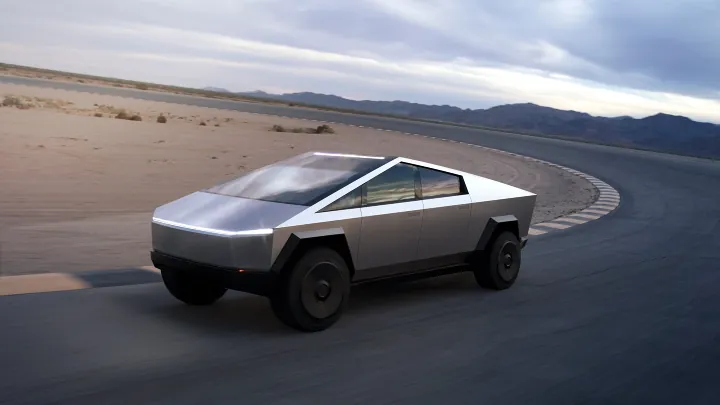
The incoming Trump administration is expected to kill federal EV tax credits, but in the meantime, the program’s tightening rules have knocked another handful of vehicles out of eligibility, though the number of qualifying models grew in the new year.

Vehicles from Audi, Ford, Jeep, Rivian, and others lost access to tax credits on January 1, but like before, buyers can skirt the rules by leasing. At the same time, some Hyundai, Genesis, and Kia models became eligible for credits in 2025, including the Ioniq 5, Ioniq 9, Kia EV9, and Kia EV9, thanks to the automakers’ move to domestic U.S.-based production.
Rivian’s R1S and R1T, which qualified for half of the $7,500 credit in 2024, are no longer eligible, but the automaker noted that its cheaper, smaller R2 vehicle should qualify. Jeep lost credits for the Wrangler and Grand Cherokee 4xe, except for leases. Tesla recently released a cheaper version of the Cybertruck, dropping the price below the $80,000 threshold and making it eligible for credits for the first time.

While the credits will likely go away under a second Trump presidency, they are an effective incentive for buyers. Analysts say that companies without a qualifying EV are at a “competitive disadvantage,” though it’s good to note that some companies offered in-house discounts and incentives that rivaled the $7,500 tax credits.
[Images: Hyundai, Tesla, Jeep]
Become a TTAC insider. Get the latest news, features, TTAC takes, and everything else that gets to the truth about cars first by subscribing to our newsletter.
Source: The Truth About Cars

